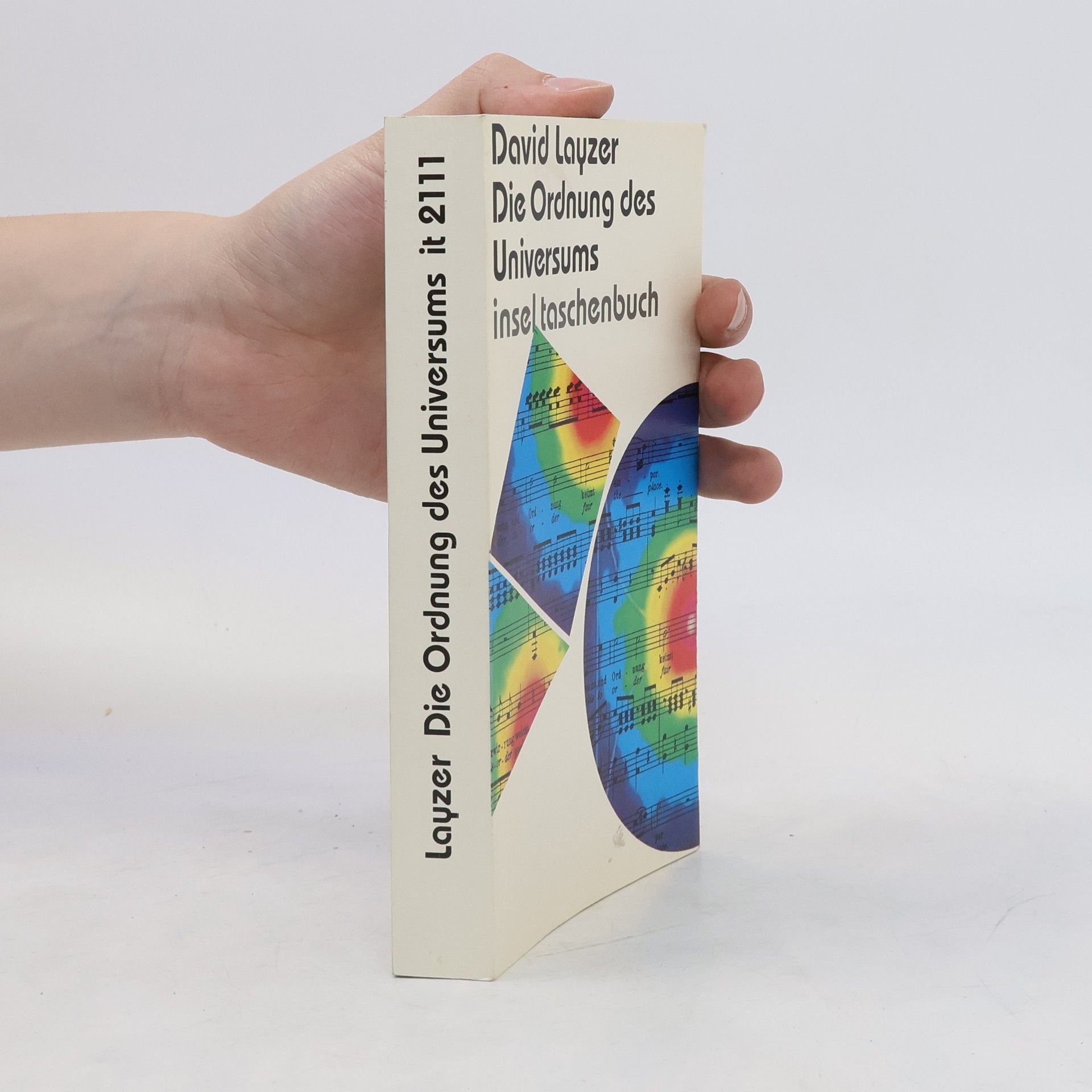Eminent Harvard astrophysicist David Layzer offers readers a unified theory of natural order and its origins, from the permanence, stability, and orderliness of sub-atomic particles to the evolution of the human mind. Cosmogenesis provides the first extended account of a controversial theory that connects quantum mechanics with the second law of thermodynamics, and presents novel resolutions of longstanding paradoxes in these theories, such as those of Schroedinger's cat and the arrow of time. Layzer's main concerns in the second half of the book are with the philosophical issues surrounding science. He develops a highly original reconciliation of the conflict between traditional scientific determinism and the intuitive notion of individual freedom. He argues that although the elementary processes underlying biological evolution and human development are governed by physical laws, they are nevertheless genuinely creative and unpredictable.
David Layzer Books
David Raymond Layzer was an American astrophysicist and cosmologist who explored the universe and its expansion. His work investigated the increasing order and information within the cosmos, positing a challenge to the second law of thermodynamics. Layzer was also a notable proponent of the Cold Big Bang theory and offered critiques of hereditarian views on human intelligence.





Why We are Free: Consciousness, free will and creativity in a unified scientific worldview
- 168 pages
- 6 hours of reading
Exploring the interplay between randomness and order, this book presents a unique perspective on the universe's beginnings, arguing that it started in maximum disorder rather than pre-existing order. Layzer integrates Ernst Mayr's two-step creative process to explain the evolution of life, highlighting randomness and natural selection. He also examines libertarian free will through William James's framework, emphasizing the role of self-determination. Ultimately, the work harmonizes cosmic and biological evolution with traditional notions of free will, resonating with Einstein's philosophy on human creativity in science.
KlappentextFaszinierende Einblicke in Ursprung, Entwicklung und Struktur des Universums sind Thema dieses raffiniert komponierten Buches des Harvard Professors und Mitgliedder Royal AstronomicalSociety David Layzer: Schrittweiuse führt der erfahrene Theoretiker Studenten und Laien in die kosmologischen Modelle ein - in anschaulichen , anregenden Texten ohne Formeln und in weiterführende Exkursionen zur Geschichte und Theorie der Kosmologie. Mit anschaulichen Illustrationen und einer übersichtlichen Darstellung wird dem Leser das theoretische Rüstzeug geliefert, um den Fortgang der historischen Entwicklung nachvollziehen zu können - vom Orts- und Bewegunsbegriff bei Aristoteles bis hin zur vierdimensionalen Raum-Zeit in der Minkowski-Welt. Zum Schluß schreibt Layzer über die wohl spannendsten Probleme der modernen Kosmologie: die Frate nach dem Ursprung des Universums, der in einem heißen Urknall oder auch einem kalten Zustand zu Beginn der universellen Expansion liegen könnte. David Layzer diskutiert hier auch die Theorie einer frühen Sterngeneration, die die Entstehung der chemischen Elemente im Universum und die kosmische Hintergrundstrahlung erklären könnte.
Die Ordnung des Universums
- 458 pages
- 17 hours of reading